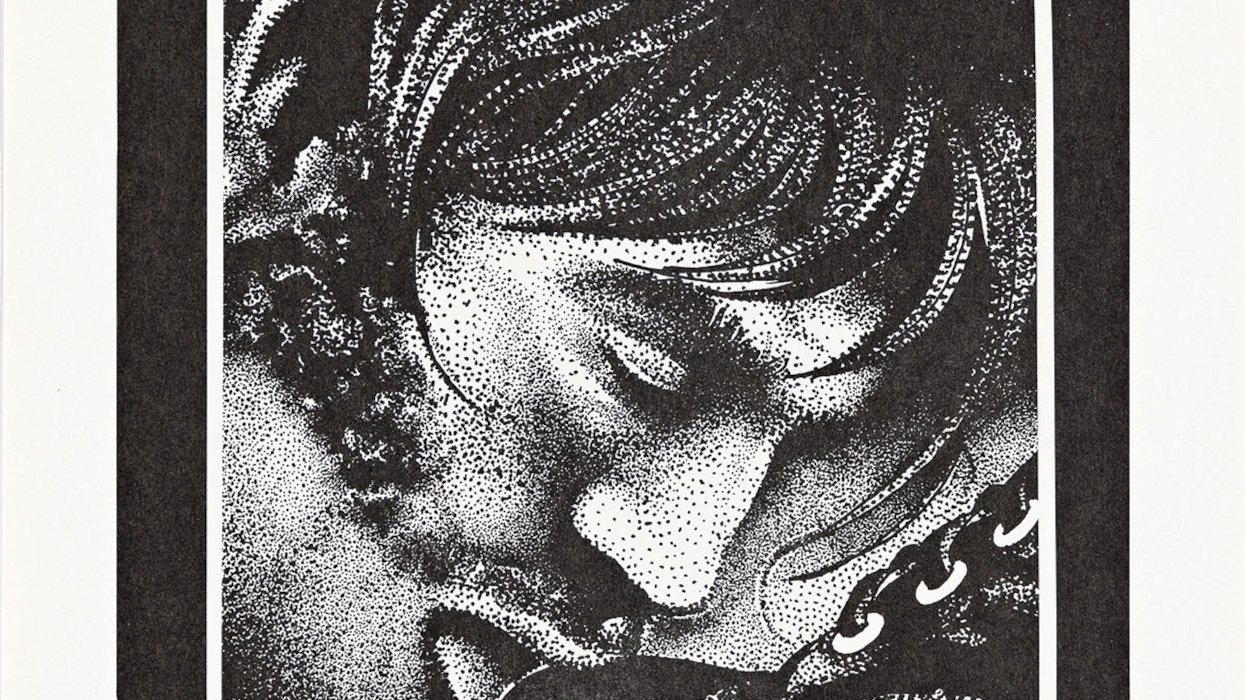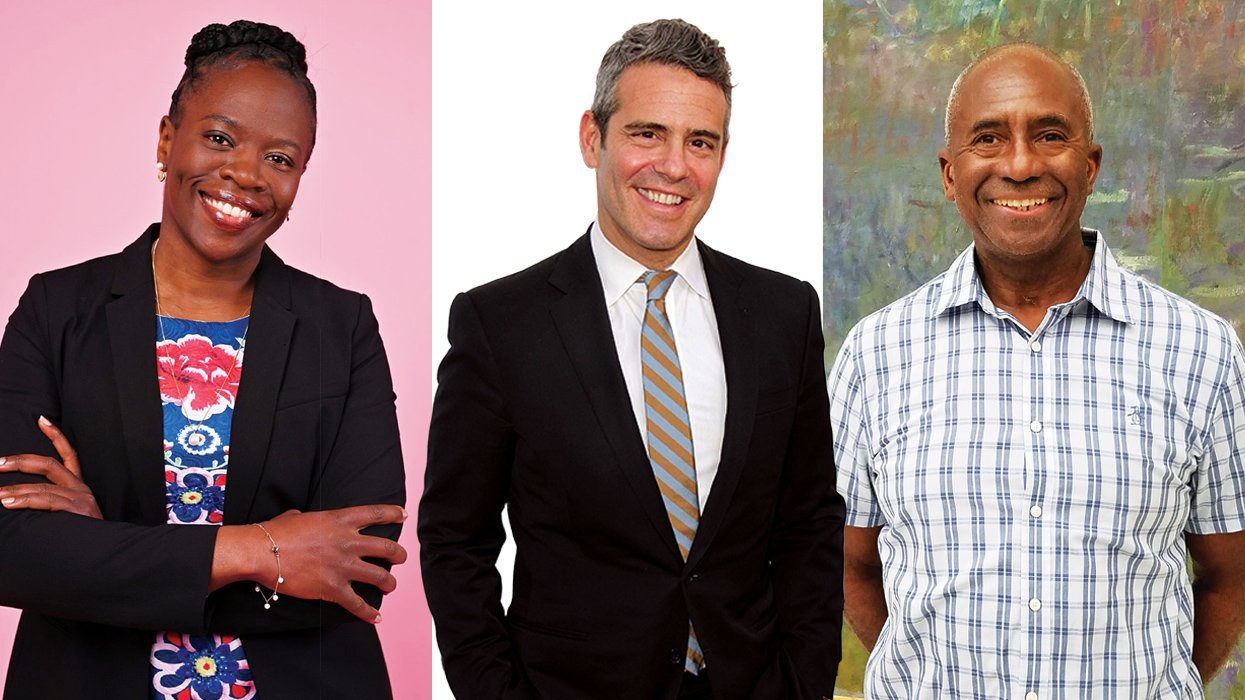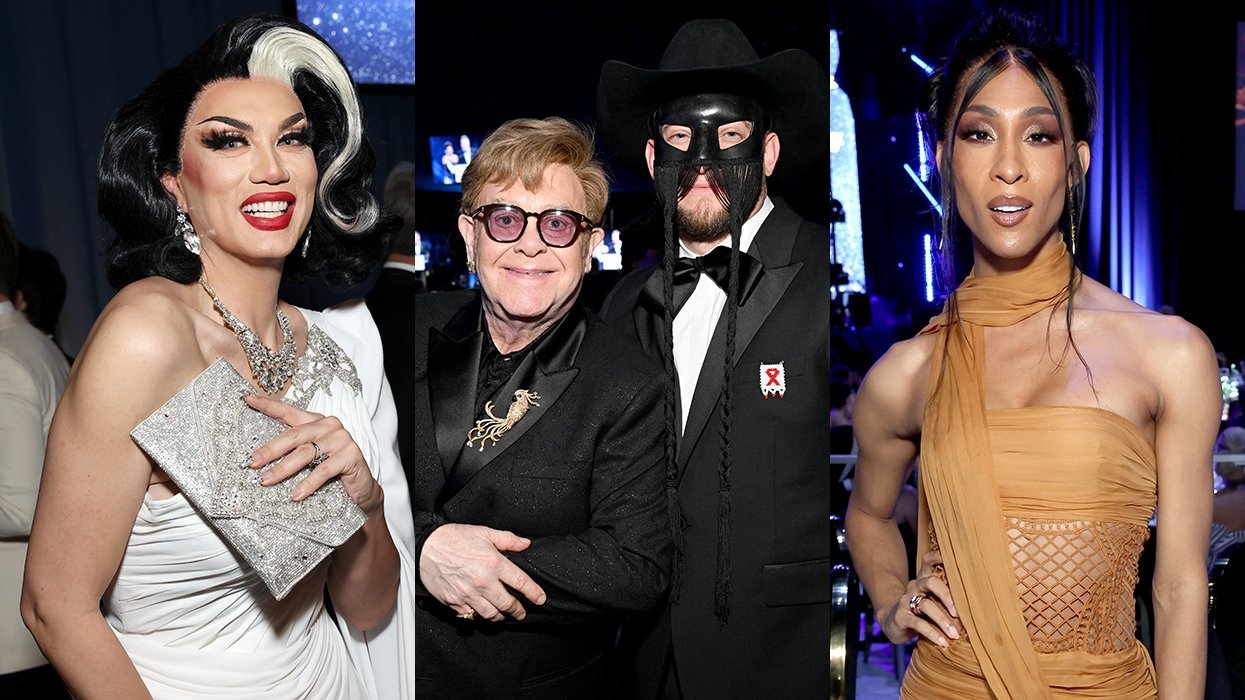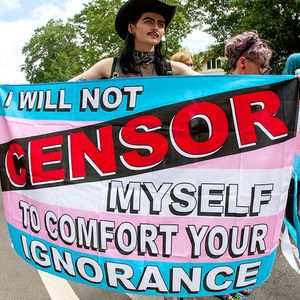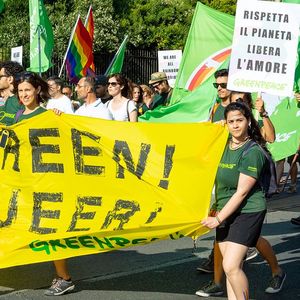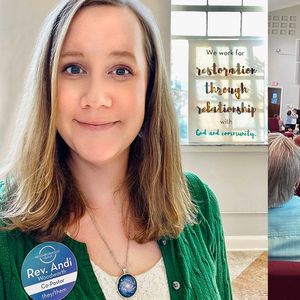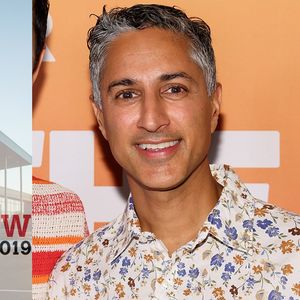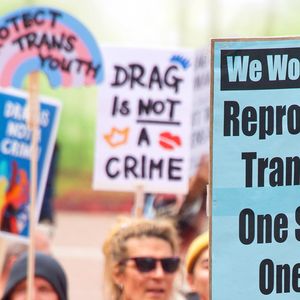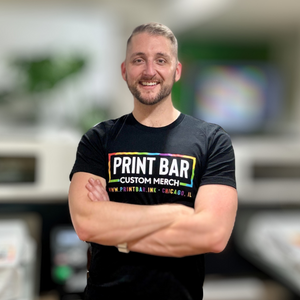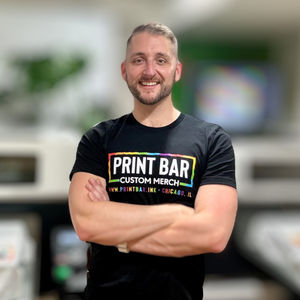How do we handle being a serodiscordant couple?
Serodiscordant simply means one of you has HIV and one of you doesn't. Some gay couples use the term "magnetic couples" to mean the same thing. There's very little research on how successfully serodiscordant, or mixed, couples cope with the complications of HIV. According to TheBody.com, an online HIV resource guide, "research of this nature tends to measure the most negative aspects of positive/negative couplings, telling us primarily how HIV complicates our lives. It tells us very little about the rewards, the discovery of inner strengths, the emotional ties, the opportunities for developing better communication skills, or the joy generated when a mixed-status couple does create a happy, strong, fulfilling relationship."
What you need to know if you're a mixed couple is that you can have a happy and healthy relationship, but, like all relationships, it requires work and commitment, because love does not conquer all. The HIV-negative partner may want talk to his or her physician about pre-exposure prophylaxis, or PrEP; research has shown that the anti-HIV drug Truvada reduces the risk of HIV infection in the negative partners of HIV-positive gay men. While health experts warn that PrEP should never be the first line of defense against HIV infection, instead recommending regular condom use, many experts recognize that condoms are rarely utilized 100 percent of the time in a relationship. Also, many HIV activists now say that when the HIV-positive partner has an undetectable viral load (which happens with early and consistent medication treatment) the likelihood of transmitting the virus to a partner is significantly reduced or eliminated.
Couples might also want to see a couples counselor who specializes in coping with HIV. Many HIV-positive people fear spreading the disease to their partners, making sex fraught with tension. Many HIV-negative partners encounter disrespect from friends and family members when the other partner's status is revealed. A counselor can help you work through those kinds of issues and communicate to each other your anxieties, fears, and needs.
We're in love! Can I get a wedding license if I have HIV?
Yes, in 14 states where same-sex marriage is legalized, gay couples in which one or both are HIV-positive won't be stopped from getting hitched. Most states have stopped requiring blood tests for couples getting married. Many states do require that anyone applying for a marriage license be offered an HIV test or information on HIV, but no state requires a premarital HIV test. That means if you're going to put a ring on it, you need tell your future spouse, but you won't have to tell the government.
My partner and I have kids. How do we tell them about my HIV status?
Many parents worry that telling their kids might place a burden on the children. Mental health professionals say the decision about whether to tell your kids depends on many factors, including how perceptive they are (if there are medicine containers all around, kids will ask about them), how discreet you need to be (asking kids to keep your status a secret is a heavy burden), and how strong you can be for them (some kids will be angry or overly clingy, worried you'll be dying).
For most people, telling their children is the right thing to do. Before you do, learn everything you can about HIV. Your kids have been perfecting the 'why' questions since they were 2 years old; this is a moment when there will be a lot of whys and hows. Your doctor or counselor might have ideas about groups or advocates for children, who can also talk to the kids or be a support team for you and the offspring as you go through the coming-out process.
Then, says Mark Cichocki, a HIV/AIDS nurse educator at the University of Michigan's HIV/AIDS Treatment Program and the author of Living with HIV: A Patient's Guide, talk in a quiet space, be honest, trust your kids to handle it, and let them express their emotions fully (remember, kids can experience a range of feelings, including guilt, fear, rage, and rejection). This process may take more than one day — it's the beginning of a conversation in which you should be honest, age-appropriate, and willing to offer both answers and assurances. Kids can impress us with their ability to understand and assimilate information; you just need to have it ready for them. After the crying and talking is done, take them out for ice cream so they remember that this is just another juncture that your family will tackle together.
I don't have kids yet but I want one. Is that off the table?
Absolutely not. If you want to have biological children, there are options for HIV-positive men. If you want to use a surrogate or partner with a female co-parent, there's a procedure called sperm washing that can literally wash the HIV from your sperm, making it safe to then inseminate a female partner or surrogate with. It means utilizing a physician all along the way, but it's much safer than it has ever been. Adoption is another option. While some adoption agencies have been known to kick out prospective parents who have HIV, the Americans With Disabilities Act makes it unconstitutional for adoption services to disqualify prospective adopters solely on an HIV diagnosis. According to AIDS Beacon, agencies "are allowed to reject the applicant if other factors exist that determine the prospective parents are unqualified." Several adoption providers, like Independent Adoption Center of Los Angeles, have placed children for adoption with HIV-positive individuals after they've been rejected by other agencies.
Wait a second, I'm still single. Are there retreats or singles cruises where I could meet other HIV-positive men who want a relationship?
Yes. Paul Stalbaum, the HIV-positive travel agent behind Cruise Designs Travel (CruiseDesignsTravel.com) orchestrates an annual Caribbean cruise for HIV-positive men and women, both gay and straight, which has an enormous gay male clientele. This year the Poz Cruise will sail from Miami, Fla., to Cozumel, Belize, and Honduras Nov. 2-9. Like many cruises, it will feature snorkeling and suntanning, but this cruise is also packed with guest speakers, from scientists to entertainers, talking about HIV. Many previous cruisers admit they learned more about HIV in the week on board than they had all year with their physician.
There are also retreats, like the International Poz Brotherhood Retreat (PozRetreats.com) for gay and bisexual HIV-positive men, held annually in Pennsylvania's Poconos Mountains. Like the cruise it offers a community of HIV-positive people relaxing, having fun, and not having to hide their HIV status in any way.



